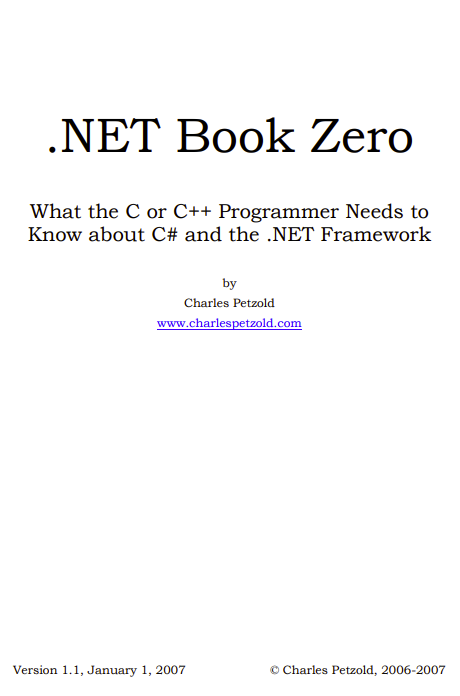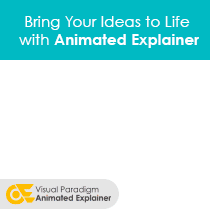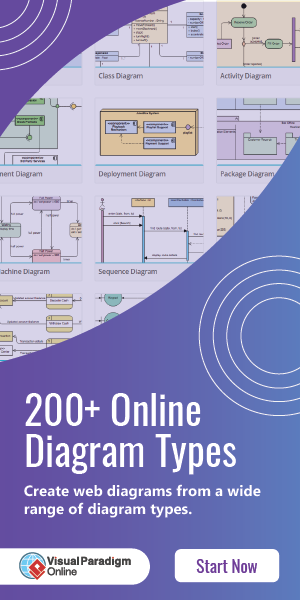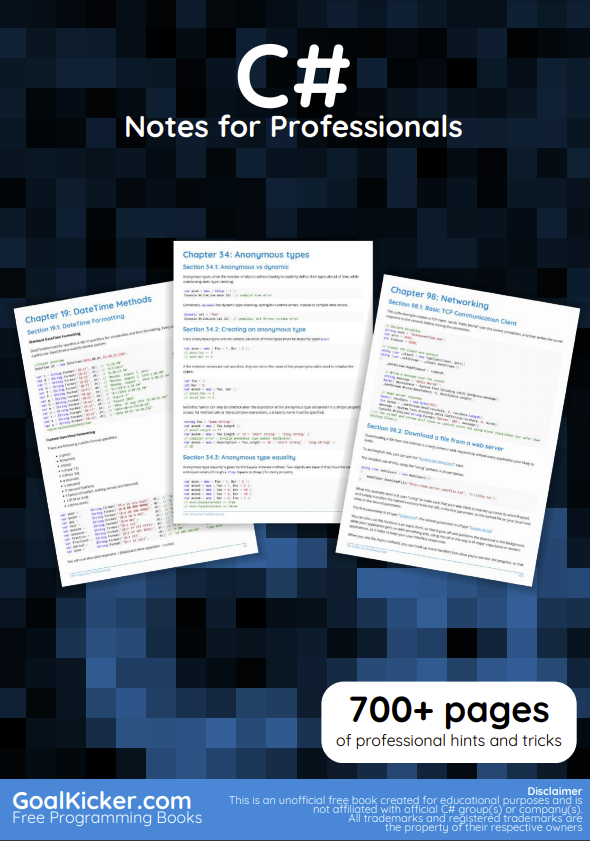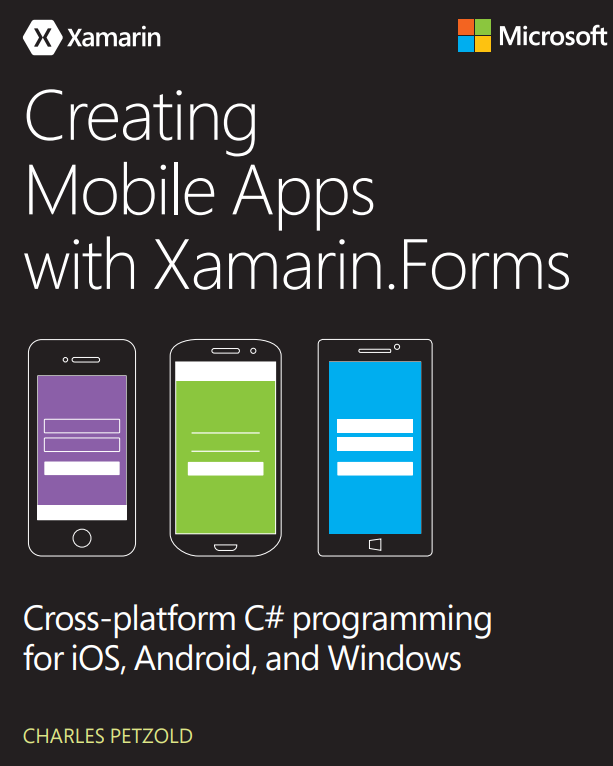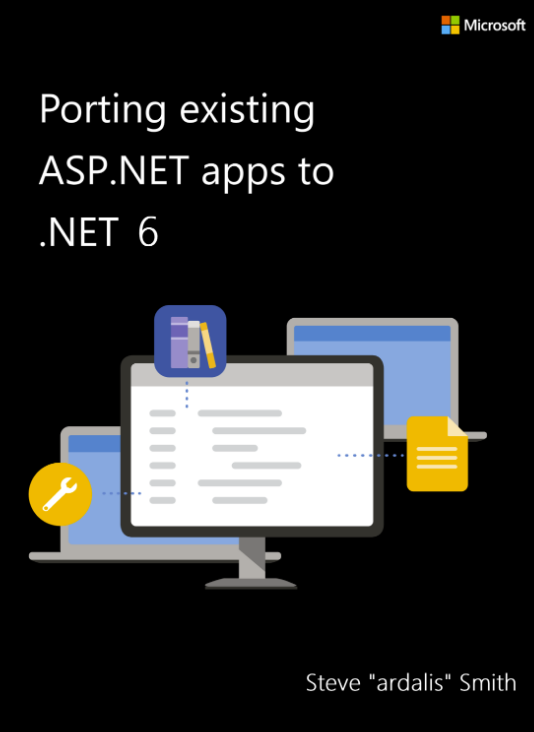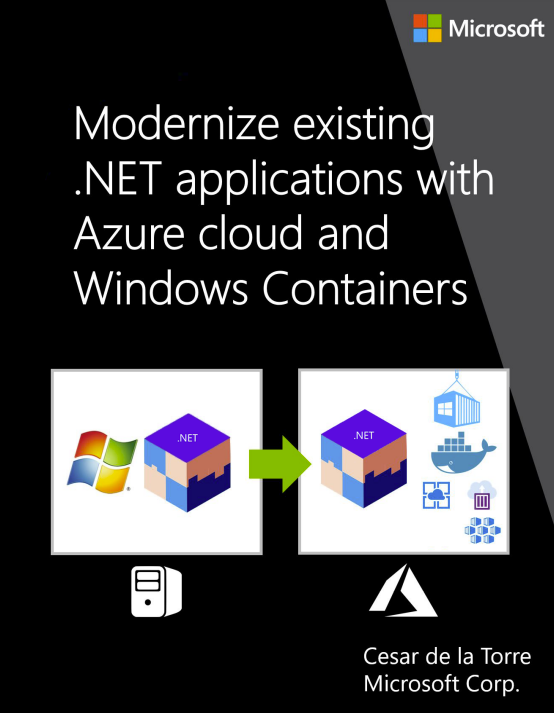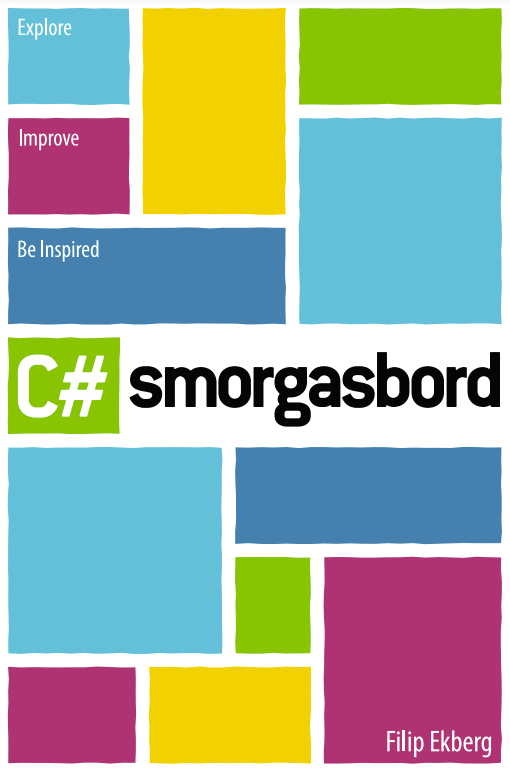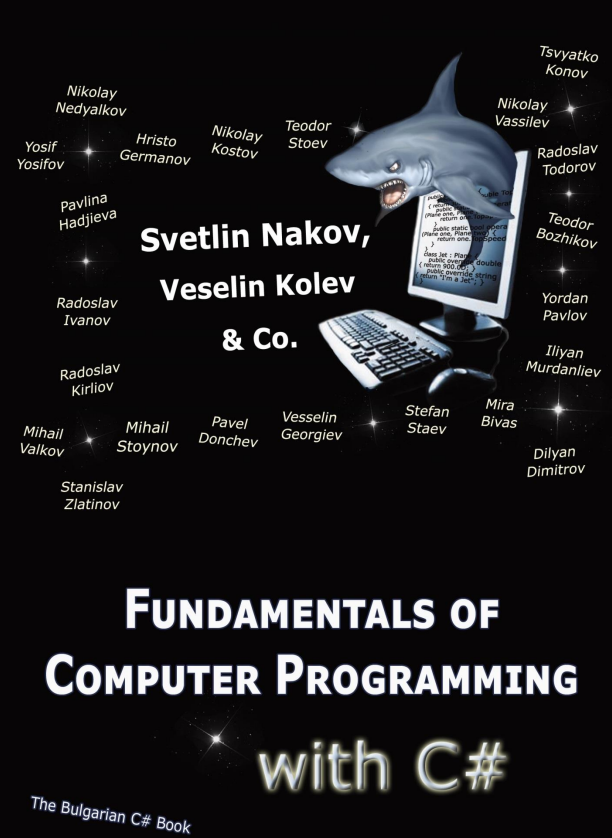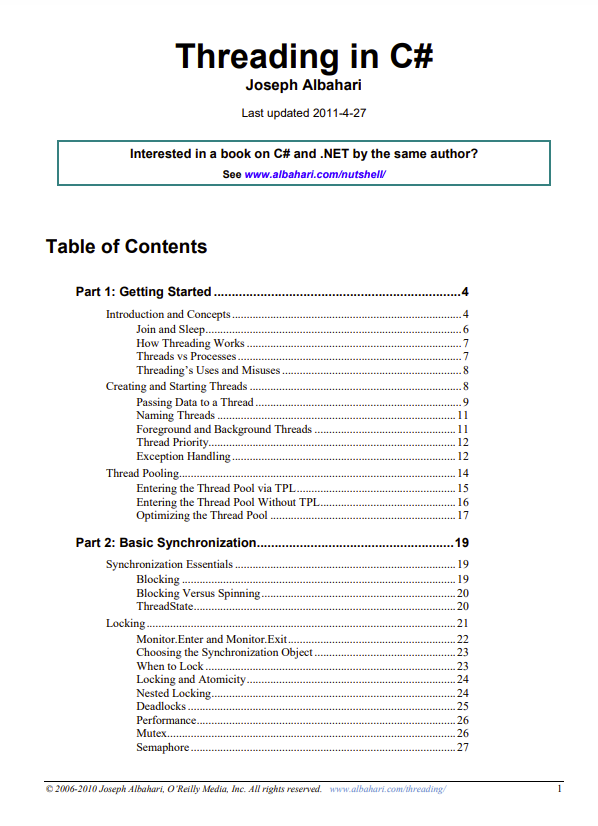Some books have a Chapter Zero. That‘s the chapter with the stuff the reader needs to know before reading Chapter One. Chapter Zero might be a refresher course in subjects the reader once knew but has now forgotten, or it might be a quick-and-dirty summary of prerequisites for the rest of the book.
This book originated as a Chapter Zero in my book Applications = Code + Markup: A Guide to the Microsoft Windows Presentation Foundation (Microsoft Press, 2006), which is about the new Windows client programming platform that‘s part of Microsoft .NET 3.0 and Microsoft Windows Vista.
I wanted Applications = Code + Markup to focus almost exclusively on the Windows Presentation Foundation. I knew there was enough to cover without going into the basics of general .NET programming and C#. Yet, I wasn‘t sure how much .NET my readers would know. I started writing a Chapter Zero for the book that would summarize all the basics of .NET and C# for the C and C++ programmers who might be coming to .NET for the very first time.
It soon became evident that this Chapter Zero would be very long. It occurred to me that I could extract the material and make it a book on its own. And so I did and this is it. What you have in your hands (or are reading on a screen) is an introduction to C# and those topics in .NET that are typically found in all .NET programming.
C# is a modern type-safe and object-oriented programming language based on the syntax of C and (to a certain extent) C++ and Java. Even if you‘re an experienced C++ programmer, you might be in for a few surprises. You may think you know the difference between a class and a struct, for example, but the difference between a class and a struct in C# is completely different from C++. (That difference is actually one of the lamest features of C++ and one of the most profound features of C#.) For that reason and others, I approach object-oriented programming concepts in this book almost as if you‘re learning about them for the very first time.
However, I do expect you to have some programming experience with a C-family language. If you‘re learning C# as a first programming language, you might be better off with a slower, gentler introduction, such as my book Programming in the Key of C#: A Primer for Aspiring Programmers (Microsoft Press, 2003).
